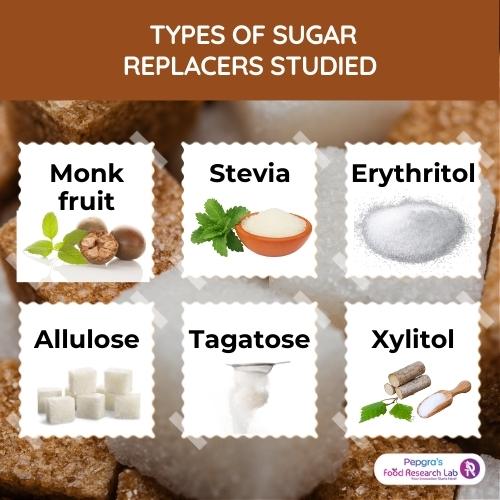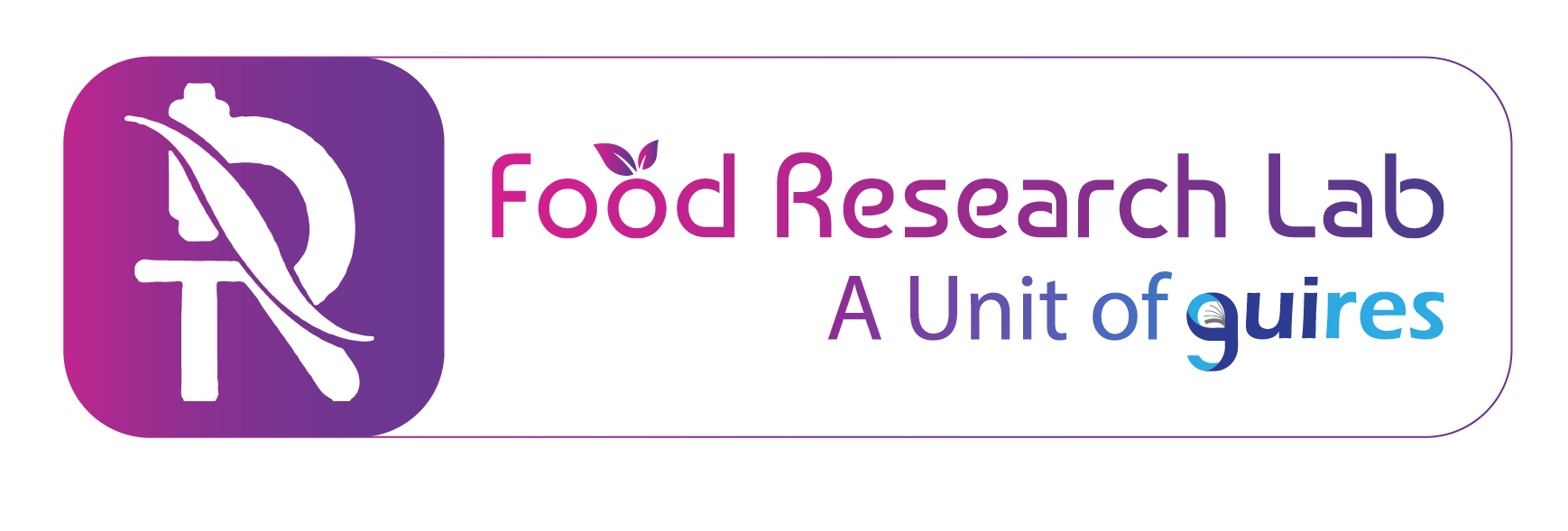
Are Sugar replacers good? Is there any evidence from clinical studies on these replacers?
Introduction
Sweet is the most desirable taste for people among all age groups. The most common sweetening agent for preparing food and beverages is sugar. However, sugar is also associated with harmful health outcomes, necessitating health organisations to set the maximum limit on sugar consumption. The primary objective for limiting sugar consumption is to reduce the incidence and, subsequently, the burden of chronic diseases and conditions like type-2 diabetes and obesity.
Also, consumers’ awareness of sugar’s harmful effects is increasing; therefore, they are mindful of their dietary choices. The food industry is aware of this phenomenon and is producing and marketing food and beverages with lesser sugar content and using sugar replacers to meet consumer needs, a prerequisite for commercial success [1].
Evidence on the safety aspects of sugar replacers

The popularity of sugar replacers skyrocketed with the increasing health awareness among consumers and robust marketing strategies. Although sugar replacers can be a better option for those wanting to reduce their sugar intake or manage their blood sugar levels, it is crucial to consider the evidence from clinical studies before using them.
- A review by AK Pandey and OP Chauhan compiled the pharmacological effects of monk fruit. Monk fruit extracts have a low glycaemic index. In addition, they are rich in bioactive compounds and antioxidants that reduce blood sugar and lipid levels and concluded that monk fruit is safe to be added as a sweetener [2].
- Stevia is another high-intensity sweetener that is popular among health-conscious individuals. Many studies have been done to understand its health benefits. A study by Anton et al. showed that stevia enhances satiety—those who consumed stevia consumed about 300 fewer calories than those who did not. Reducing caloric intake is a prime objective for losing extra weight, exhibiting an anti-obesogenic effect. In addition, those who consumed stevia showed lower glucose and insulin levels before- and after-consuming food, implying that stevia could be an ideal sweetener for those with diabetes [3].
- A review by Boesten et al. revealed that erythritol as a sugar replacer has no carcinogenic or toxicologic effects. On the contrary, it can help improve the blood vessel wall’s condition, reducing complications from chronic conditions like diabetes [4]. However, it has also been noted that erythritol can be an allergen, and instances of anaphylaxis and allergy were reported. Therefore, seeking a medical professional’s advice before consuming erythritol-sweetened products is advisable [5,6].
- The studies on alternative sugars have been relatively few. However, some studies concluded that when substances like tagatose and allulose were consumed with glycaemic food like glucose, maltodextrin or test meal, glucose levels lowered after meals/ postprandial glucose levels. In addition, allulose had a positive effect on lipid metabolism. However, the exact mechanism of action and the toxicological studies on these alternative sugar need to be studied [1].
Conclusion
Sugar replacers were developed to bring sweetness to the food and beverage product while contributing to fewer/no calories. Many categories of sugar replacers developed may suit different products developed. Evidence suggests that people looking to cut back on their sugar intake or manage their blood sugar levels may find sugar substitutes to be a safe and efficient option. However, it is essential to note that not all sugar replacers are created equal, and some may have different effects on health depending on the individual and the context in which they are used. For example, some sugar alcohols, such as xylitol, may cause digestive issues or have laxative effects in some people [7]. Therefore, it is vital to seek healthcare professional’s advice before using sugar replacers, particularly the consumer has specific health concerns or dietary restrictions.
How the Food Research Lab can help
The Food Research Lab develops ingredients, such as sugar replacers, that are in high demand among food industries and consumers. Our team assists our clients at every stage of development, ensuring that the ingredient formulated is of the highest quality and free from all contaminants and hazards.





